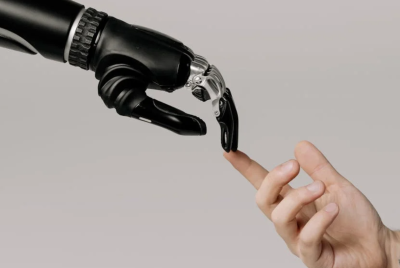Mobile Phone and Tablet Use Causes 'Structural Changes' in the Brain

The use of mobile phones, laptops and other multimedia devices at the same time could be causing the structure of our brains to change, according to a new study.
Researchers at the University of Sussex's Sackler Centre for Consciousness found that people frequently using several devices simultaneously had "lower grey-matter density" than those who only used one device occasionally.
The area of the brain most affected is the anterior cingulate cortex (ACC), which is responsible for cognitive and emotional control functions.
"The exact mechanisms of these changes are still unclear," said Kepkee Loh, a neuroscientist at the University of Sussex. "Although it is conceivable that individuals with small ACC are more susceptible to multitasking situations due to weaker ability in cognitive control or socio-emotional regulation.
"It is equally plausible that higher levels of exposure to multitasking situations leads to structural changes in the ACC."
The researcher's findings go some way to supporting previous studies that found connections between high media-multitasking and emotional problems such as depression and social anxiety.
Psychologists from Michigan State University concluded in their study that interactions with media may be replacing face-to-face interactions, resulting in impaired psychosocial functioning and other mental health issues.
Further study is required to better understand this link and unambiguously determine whether it is a causal factor .
Loh said: "Media multitasking is becoming more prevalent in our lives today and there is increasing concern about its impacts on our cognition and social-emotional well-being."
© Copyright IBTimes 2025. All rights reserved.






















